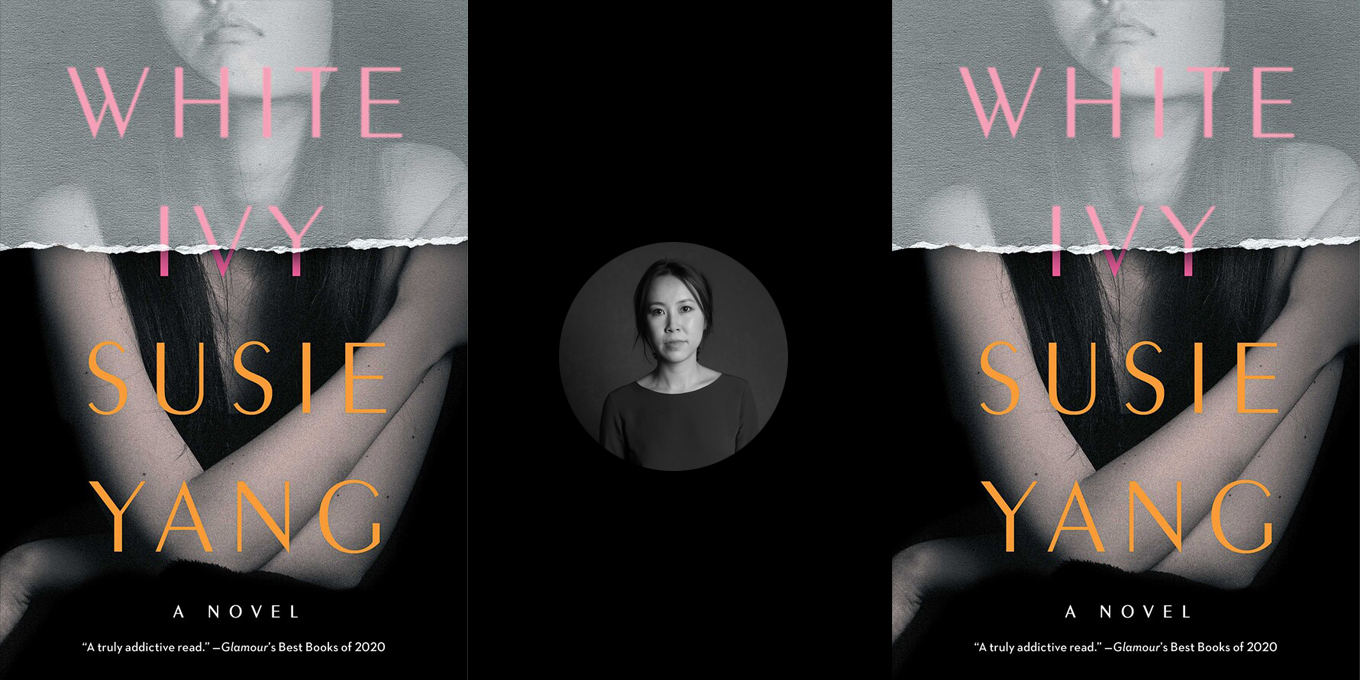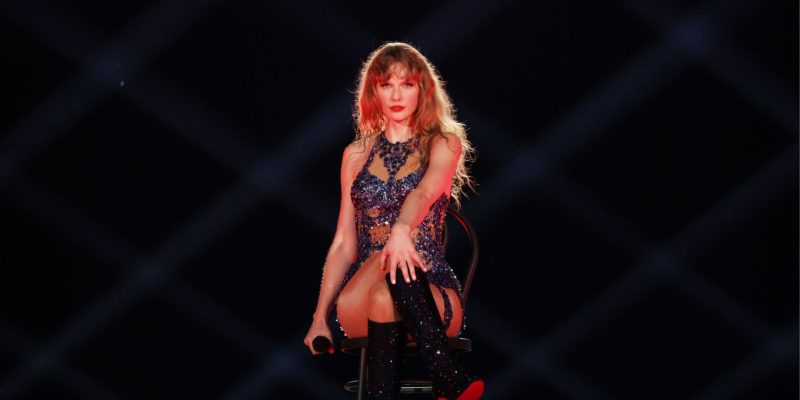Culture
Class, Ambition and a Questionable Mentor Are the Forces at Work in the Thrilling White Ivy
Ivy Lin will do whatever it takes to shed her past.
Read Next

Culture
Why Are People Obsessing Over Whether Hailey Bieber Is Pregnant?
Despite no word from the woman herself, the Rhode founder has become the subject of discussion on the internet as fans have been debating whether or not she is pregnant.

Beauty
Fruit-Forward Beauty Products We're Loving For Summer
Freshly squeezed picks to keep you glistening and glowing all season long.

Beauty
Summer Prep: How to Feel Confident in Your Swimsuit
New Size-Inclusive Swimwear: Gillette Venus partners with The Saltwater Collective to Launch a Collection for Any Body






